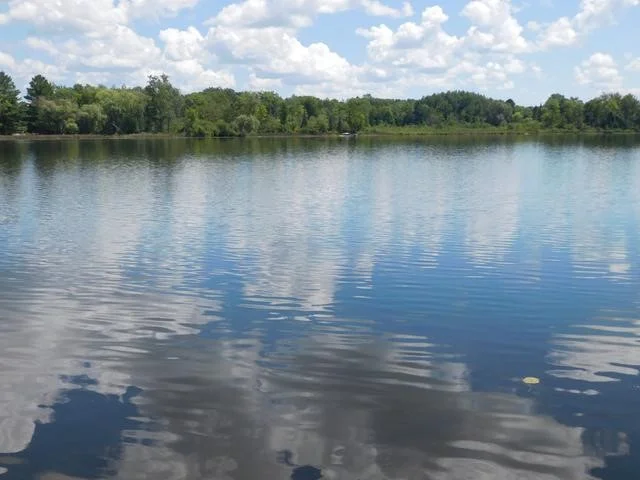By: Brian Lock
In the Sylvania Wilderness of the upper peninsula of Michigan, a few property owners have been squaring off with the United States Forest Service for a quarter century.[i] David and Pamela Herr want to use motorboats recreationally on Crooked Lake. The Herr’s specifically bought their lakefront property for this purpose.[ii] However, the United States Forest Service decided to start enforcing previously existing regulations that limit the kinds of boats that can be used and the speed at which these boats can travel at.[iii] This contest lead to Herr v. United States Forest Service, the latest in a storied tradition of litigation over Crooked Lake, where the 6th Circuit ruled in favor of the private land owners because the United States Forest Service had over stepped its regulatory authority by restricting motorboat usage.[iv]
The United States government purchased the land around Crooked Lake in 1966, and dedicated the land to the Sylvania Wilderness in 1987, granting the Forest Service the authority to administer the area in accordance with the provisions of the 1964 Wilderness Act, subject to valid existing rights.[v] Private land owners enjoy certain rights to use their land, and state law typically determines what these rights are.[vi] The intersection of these private property rights and the Forest Service’s authority to promulgate regulations gave rise to this case.
https://www.shutterstock.com/video/clip-11069093-stock-footage-motor-boat-on-lake-zalew-zegrzynski-in-poland.html?src=rel/4890875:4
Specifically, the Property Clause of the United States Constitution grants congress, and the Forest Service by extension, to make rules about activities on the government’s land and adjacent lands.[vii] However, according to littoral rights under Michigan law, both the private landowners and the Forest Service “maintain a littoral right to ‘reasonable use’ of the lake’s surface.”[viii] The Forest Service’s right to reasonably regulate conflicts with the private land owners right to reasonable use.[ix] The 6th Circuit’s majority ruled that the Forest Service does not have the right to issue these regulations without a grant of authority from Michigan’s state laws.[x]
This seems like the correct approach. Property rights and use typically fall under the purview of state law in order to protect individual land owner rights from overreach by the federal government, and giving federal agencies the authority to unilaterally override state property laws could seriously infringe on people’s private enjoyment of land that they purchased. The dissent asserted that the Forest Service should have authority to regulate land use in these circumstances, and that their actions were coextensive with the state’s police power.[xi] However, following the dissent’s position would give a federal agency authority to significantly alter and individual’s property rights, and by extension, enjoyment of their land, without any notice to the individual, leaving them without redress for the loss of their rights. The Forest Service should have to go through the state legislature, or other available means, to enact these regulations in order to give individuals the opportunity to contest the regulations or seek compensation for their loss of rights.
[i] See Herr v. United States Forest Service, 865 F.3d 351 (6th Cir. 2017).
[ii] Id. at 1.
[iii] Id.
[iv] Id.
[v] Id.
[vi] Id at 4.
[vii] See Kleppe v. New Mexico, 426 U.S. 529 (1976); and Camfield v. United States, 167 U.S. 518 (1897).
[viii] Supra note i at 4 (citing Tennant v. Recreation Dev. Corp., 72 Mich.App. 183 (1976)).
[ix] See supra note i.
[x] Id at 7.
[xi] Id.


